Description
This novel is a virtual time machine that takes the reader back to 11th century England—the time of Saxon domination before and after the disastrous Battle of Hastings in 1066. Step directly into the footsteps of Cuthwin of Alnwick. There are few “great men or women” in this historical novel, but instead the story of an ordinary man and his wife who work to survive. Cuthwin, who dictates his story around his 85th year of life, scrupulously avoided people of great power and standing. As he told his wife, the fiery Cwenburh, “such folk as we, are pebbles and dirt under heavy merciless wheels of great men and women.” So, follow the real medieval life, and not that of fantasy and privilege. Via the combination of conscientious research and robust storytelling, “Cuthwin” is a historical novel dealing respectfully with its period and people.
For a thoroughly researched, accurate history and understanding of these medieval times, to discover the motives behind plot development, engage in character analysis, or unmask reasons for religious commentary conveyed throughout the telling of this tale…or if you’re curious as to why Warner felt compelled to write this book, please visit: CuthwinandCwenburh.com
“With impressive attention to detail, combined with the kind of narrative storytelling that attracts and holds the reader’s truly rapt attention from beginning to end, Irving Warner’s “The Life & Travels of Saint Cuthwin” will prove to be an immediate and enduringly popular addition to the personal reading lists of dedicated historical fiction fans, as well as both community and college/university library Historical Fiction collections.” -John Taylor, Reviewer for Midwest Book Review
Irving Warner is the author of five other books from Pleasure Boat Studio, including In Memory of Hawks and Other Stories of Alaska and The War Journal of Lila Ann Smith. He has traveled extensively throughout his life. He lived in Hawaii for nine years and spent thirty-three years in Alaska. There he worked in fisheries, fisheries science, and wildlife biology and as a teacher at a community college in Kodiak. After that, he settled down in in Port Angeles, Washington, where he has spent the past six years writing THE LIFE & TRAVELS OF SAINT CUTHWIN, and where he has resided for the past fourteen years.
Review quotes from prior work:
About In Memory of Hawks: “Irving Warner is a rare find. His stories are filled with the subtlety and power of the great American masters…He has the touch.” –Jack Olsen, The Pitcher’s Kid / About The War Journal of Lila Ann Smith: “…an unusually well-crafted book. Thoroughly researched, richly detailed, and exceptionally well written.” –David James, Fairbanks News-Miner / “…this book is hard to put down…Warner writes with great depth and intensity of the honor and bravery required for Lila Ann to triumph against the odds.” –Beverly J. Rowe, Women’s Status in Texarkana / About Crossing the Water, The Alaska-Hawaii Trilogies: “The strength…is its realism…masterly woven…unusual and exceptional.” –Teri Davis
Other books by Irving Warner:
In Memory of Hawks, and Other Stories from Alaska (1998)
Wagner, Descending: The Wrath of the Salmon Queen (2002)
The historical novel The War Journal of Lila Ann Smith (2007)
Crossing the Water: The Alaska-Hawaii Trilogies (2009)




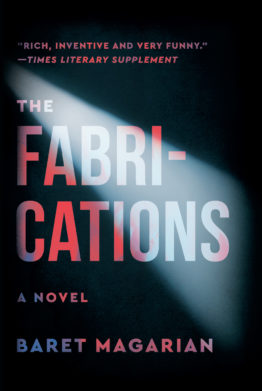
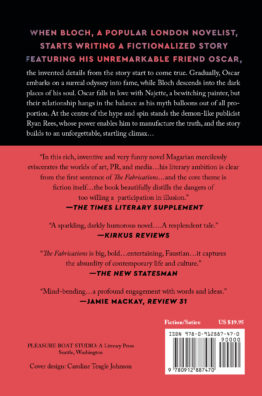

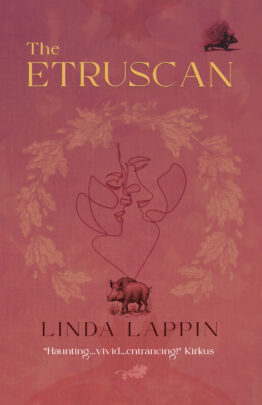


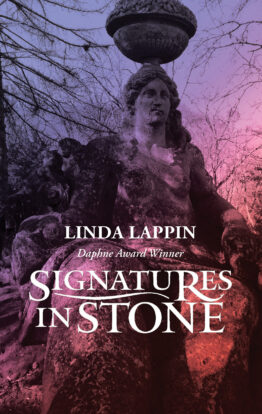

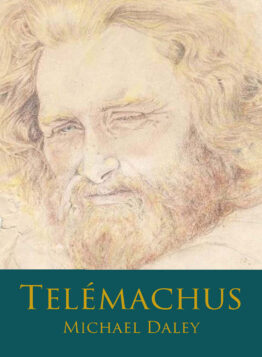



Kirkus –
An ordinary man of extraordinary decency weathers the evils of worldly life in Warner’s historical novel set in 11th-century England.
Cuthwin is born in Alnwick as the 11th of 14 siblings—his father a nameless Dane and his mother a woman who was the target of many “mean words” from judgmental townsfolk. As a boy, he witnesses a gruesome murder and runs away from home but is taken captive and forced into labor at Peterborough Abbey for 8 years. He manages to teach himself to read and write—a prideful offense for which he narrowly escapes brutal punishment. Cuthwin also learns a valuable lesson during those years about the hypocrisy of piety: “the world inside cloister and walls of a burh are no more cursed or blessed than the world outside.” He falls in love with a woman, Cwenburh, and she becomes pregnant; as a result, he finally escapes the abbey, and the couple’s adventure together begins as Cuthwin becomes a “traveling scribe,” and they become guardians to Eadrig, a late friend’s child. Warner presents a moving story in these pages, and its thematic heart is Cuthwin’s inviolable goodness in the midst of evil as well as his fervent desire to avoid the corruption of worldly success: “coin and station are a curse to man and woman. When riches and manners intrude, the chances to enjoy the wisdom god intended…go forever.” Cuthwin is a memorable protagonist who possesses a selfless wisdom, untainted by guile or cunning. Warner’s knowledge of the historical period is simply remarkable, and he brings to life the tumult and moral depravity of the era. Overall, this is an engrossing novel that’s unusually original despite being grounded in familiar history.
A compelling look at a vanished time as well as an exploration of simple human goodness.